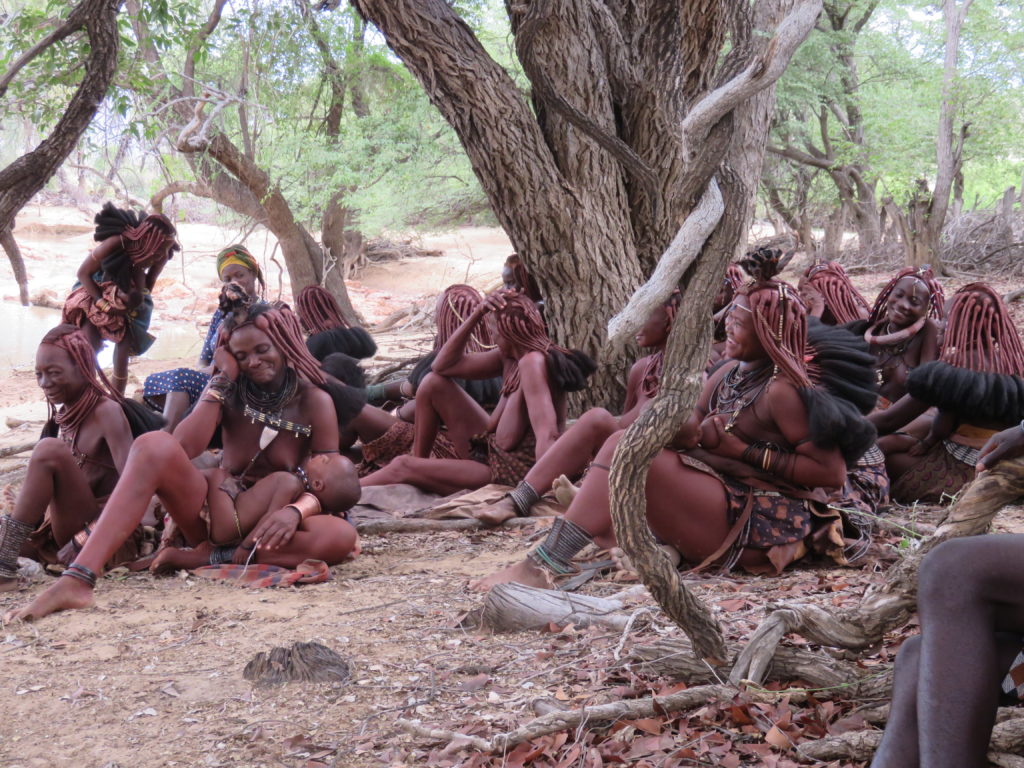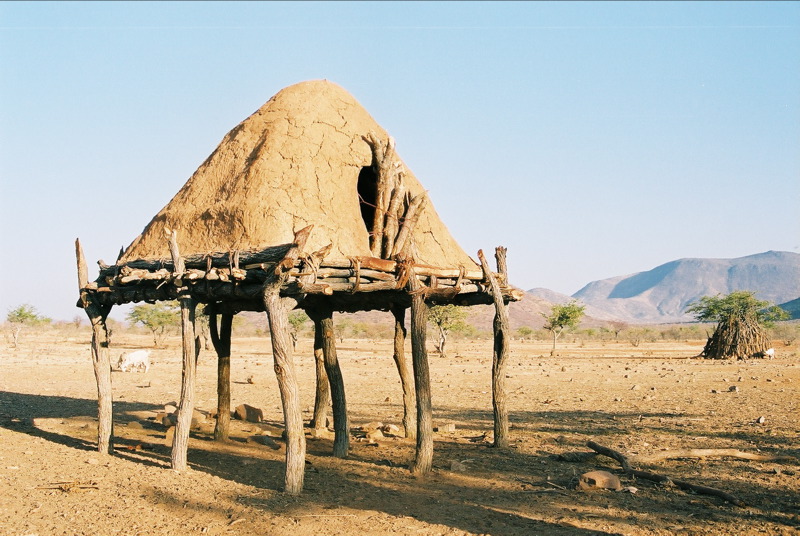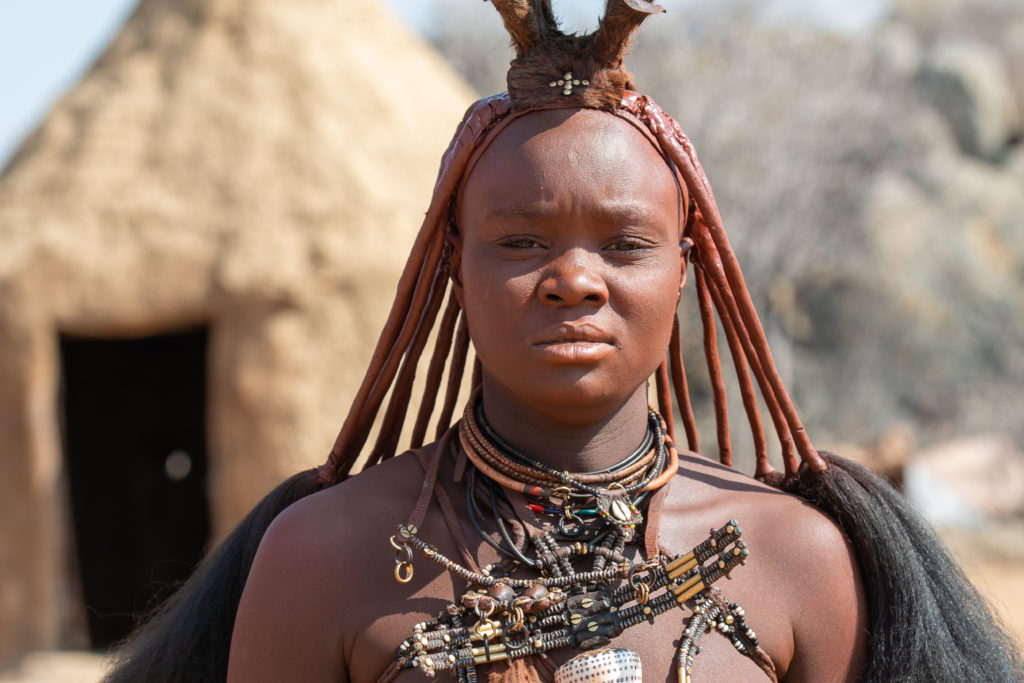The Kunene River is one of just five perennial rivers in arid Namibia, and is considered a precious resource by those who live near it. For centuries, the river has supported the semi-nomadic Himba, who are among Africa’s most successful remaining pastoralist peoples. An ancient people, the Himba now mainly live in central and eastern Namibia. They have retained their way of life as cattle, sheep and goat farmers, with huge herds of up to 500 per family.
Their economic independence is directly linked to the land, the river and their livestock.

The Kunene is also the site of the spectacular Epupa Falls, which are home to endemic species found nowhere else in the world as well as historic stands of baobab, fig and palm trees.
Uplifting Indigenous Rights
Though dammed in its upper reaches, the river remains a lifeline, though it’s under threat from the proposed Baynes Dam. For decades, the Himba have thwarted attempts to dam the spectacular Epupa Falls or a site downstream in the Baynes Mountains; they aim to prevent the flooding of critical riparian ecosystems and ancestral gravesites. As indigenous peoples, the Himba have the right to grant or withhold their free, prior and informed consent (FPIC) to any projects that affect them, though the Namibian government has yet to recognize these rights.
As one Himba tribe member has said, “The Kunene is a living organism and needs to be protected.” In Epupa, another community member shared that the Himba
“want to remain in our culture like our forefathers….The land is our bank. We don’t go to the ATMs; the money is in our land, and forest, and livestock. We don’t want our bank under water. The holy mountains and all must be treated with respect.”
We are working with local communities and legal experts to determine legal frameworks to protect the river and its communities for the long term.
Related Resources
Latest Updates
- PRESS RELEASE | Namibia at an Energy Crossroads: continue relying on climate-risky hydropower or harness its abundant and cost-effective renewables
 TMP Public electricity sector assessment demonstrates that solar and wind represent the least-cost pathway to meeting Namibia’s current and future energy demand FOR IMMEDIATE RELEASE July 18, 2023 Media contacts: … Read more
TMP Public electricity sector assessment demonstrates that solar and wind represent the least-cost pathway to meeting Namibia’s current and future energy demand FOR IMMEDIATE RELEASE July 18, 2023 Media contacts: … Read more - Mapping Community Protocols with Himba Leaders – Part Two
 By Aqeelah Hassen, Africa Program Communications and Campaigner International Rivers, Natural Justice, Himba community committee members and two researchers from the Kunene region convened in Windhoek, Namibia for the second … Read more
By Aqeelah Hassen, Africa Program Communications and Campaigner International Rivers, Natural Justice, Himba community committee members and two researchers from the Kunene region convened in Windhoek, Namibia for the second … Read more - Protecting Rights of the Himba Indigenous Community and Kunene River through Community Protocols
 by Siziwe Mota, International Rivers Africa Program Director of International Rivers and introduction by Nalori Chakma, South Asia Senior Programme Coordinator, Transboundary Rivers of South Asia Introduction Globally, Indigenous rights … Read more
by Siziwe Mota, International Rivers Africa Program Director of International Rivers and introduction by Nalori Chakma, South Asia Senior Programme Coordinator, Transboundary Rivers of South Asia Introduction Globally, Indigenous rights … Read more


